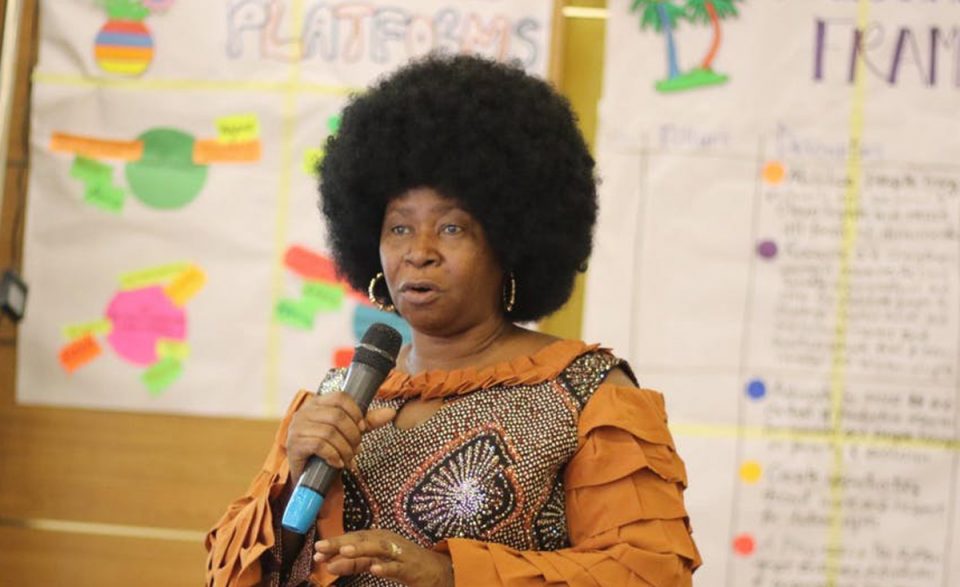Stakeholders at the ongoing National Tax Summit have raised concerns about the geometrical increase in Nigeria’s debt profile as they stated that the nation’s debt in Naira terms has increased by 500 per cent and by 150 per cent in dollar terms over the last 10 years spanning 2010-2020.
They maintained that while there is a whole argument around debt servicing and sustainability, there are concerns that the country spending 60-90 per cent of its revenue to service debt indicates a continuous cycle of borrowing.
The African Development Bank (AfDB), had earlier in the week, expressed displeasure on its borrowings that are already in excess of N35.5 trillion.
The development bank said the debt is rarely the problem in itself, but for its high debt-servicing ratio that is already stifling domestic investments needed to spur economic growth.
The stakeholders who spoke during the tax summit organised by the Tax Justice and Governance Platform Nigeria, lamented that despite being a resource rich-country with a huge population that can be put into production to mobilise revenue, managers of the economy have resorted to borrowing.
ActionAid Country Director, Ene Obi, who was represented by the Director, Resource Mobilisation, Andrew Amidu, noted that in the last couple of years, Nigeria’s revenue projection has become unattainable and unable to meet the deteriorating situation in the country as 40 per cent of Nigerians are still living below poverty line.
He said: “Until our GDP growth rate is more than population growth rate, there is no way we can transform the economy. Although the government is making an effort to resolve the issue, it must be founded on sound, realistic fiscal and monetary policies that place premium on blocking leakages and financial accountability in the management of public resources.”
Representative of Oxfam, Henry Ushie, raised concerns about the recent index showing that Nigeria is the worst performing country in West Africa in terms of tackling inequality and commitment to doing so.
He lamented that Nigeria’s current budget is the third lowest in the world and 40 per cent of the population does not have access to health services, decrying that despite losing $2.9million yearly to tax incentives to cooperation, the county increased VAT on all goods and services from 5 to 7.5 per cent making the people poorer.
Ushie said: “Oxfam is of the opinion that most African countries may have been poor due to the austerity measures imposed after the Covid-19 lockdown. The IMF should stop promoting austerity measures.”
The Acting Director, Value Added Tax, Federal Inland Revenue Service (FIRS), Dr Loveth Onanuga, admitted that Nigerians are not tax compliant due to inability of government to justify their spending, stressing the need for government to be more accountable to the people.
She said each tier of government needs to let the public know what its money is being used for to address issues of mistrust.
The Governance Manager, ActionAid Nigeria, Celestine Okwudilli-Odo, stressed the need for the government to enforce legal instruments that would ensure multinational firms do not evade tax.




